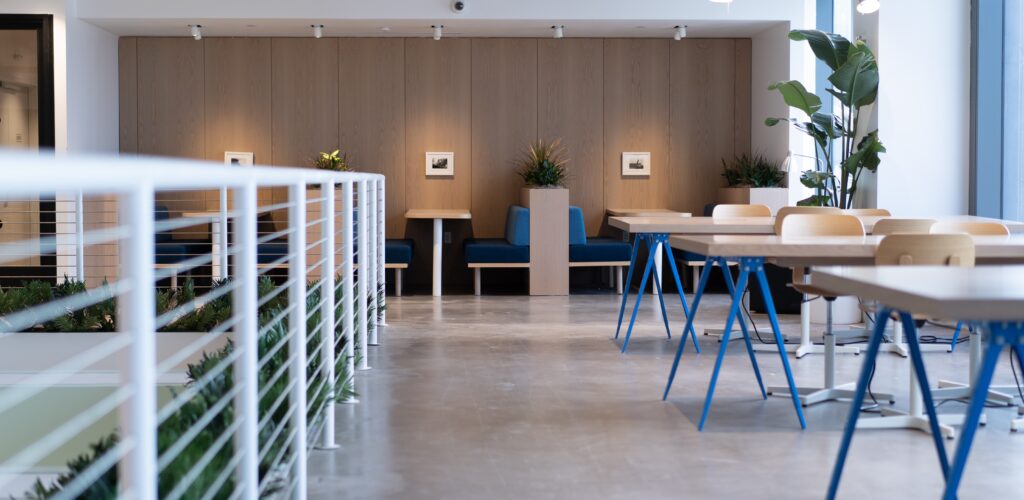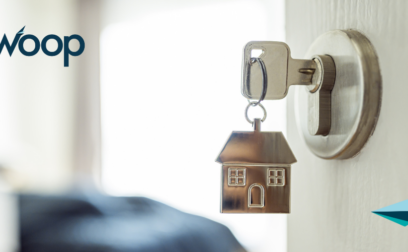The decision to lease or buy a business premise is a pivotal one that hinges on various financial, operational, and strategic factors. Both options have their merits and drawbacks, and the choice depends on the specific circumstances and goals of the business.
Leasing a business premise offers flexibility, lower upfront costs, and the ability to allocate resources elsewhere. It’s an attractive option for startups and businesses with uncertain growth trajectories, as it avoids tying up significant capital in real estate. Leasing provides the advantage of predictable monthly expenses, easier budgeting, and the ability to relocate or expand with relative ease. However, leasing means ongoing rental payments that may increase over time and provide no equity buildup or ownership stake in the property.
On the other hand, purchasing a business premise offers long-term stability and potential appreciation in property value. It can be a sound investment for established businesses with a clear growth plan and stable cash flow. Owning the property allows for customization and branding opportunities, and over time, the property can become an asset that strengthens the company’s financial position. However, buying requires a substantial upfront investment, including down payments, closing costs, and ongoing maintenance and property taxes. Additionally, property values can fluctuate, potentially affecting the company’s overall financial health.
To make an informed decision, businesses should evaluate their financial position, growth projections, and industry trends. A thorough analysis of cash flow and budget constraints will help determine whether buying aligns with the business’s financial capacity. If flexibility is a top priority and the company anticipates changes in space needs, leasing might be more suitable. Conversely, if the company seeks to establish a long-term presence and build equity, buying could be the better choice.
Ultimately, the decision should consider not only financial considerations but also strategic goals. Collaborating with financial advisors, real estate experts, and legal professionals can provide valuable insights to guide the decision-making process. Leasing and buying both offer distinct advantages, and the choice rests on aligning the premises option with the business’s current needs and long-term aspirations.





 yet? Register here!
yet? Register here!